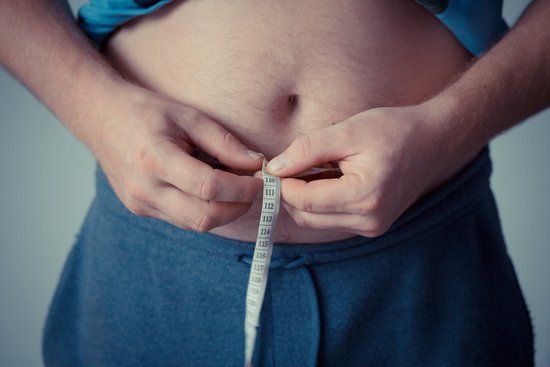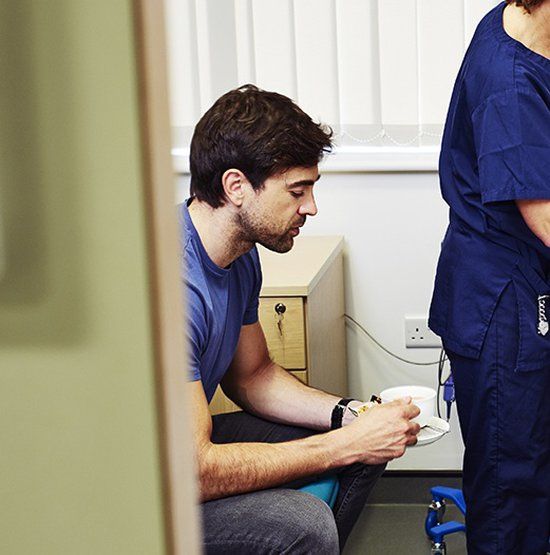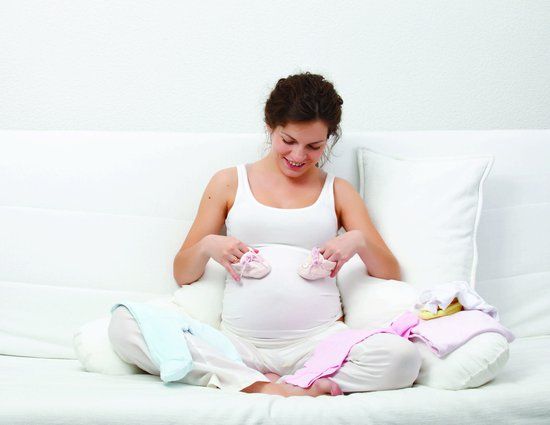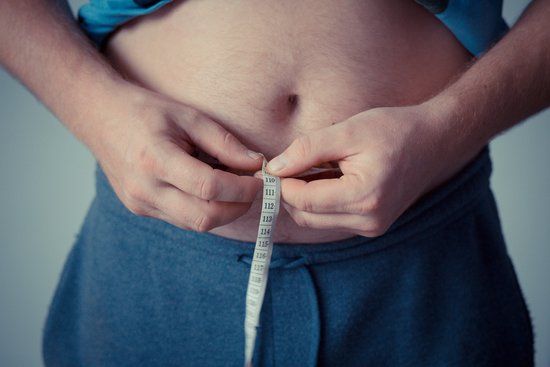
Making the decision to use donor eggs to have a baby is life-changing for you and your partner. But it’s not just the emotional and psychological aspects of this very special type of fertility treatment that you need to consider.
Your lifestyle, health and medical history can all affect your chances of conceiving. Using donor eggs doesn’t eliminate all the main factors that can affect IVF success rates.
Here’s what you need to consider before starting IVF with donor eggs:
Your health:Are you actually fertility fit and ready to conceive using donor eggs?
If you have a high BMI, being significantly overweight creates additional risk factors for a healthy pregnancy and birth, as well as affecting IVF success rates.
At Manchester Fertility we do treat people with a BMI up to 35, but you’ll always be advised to reduce your BMI ideally to within normal range, to give yourself the highest chance of success.
Being overweight can also affect sperm too. If your partner is using his sperm to fertilise the donor eggs, the sperm needs to be of the highest quality for successful fertilisation.
If you – and your partner - need help to reduce your BMI, our fertility nutritionist Jeannette Jackson can help with personal tailored sessions and dietary guidance to ensure you reach your weight loss goals.
She can also help to identify if you’re nutritionally deficient in any way. It’s vital your body gets all the nutrients it needs to support conception and pregnancy, which is especially important if you’re an older woman hoping to conceive using donor eggs.
Your lifestyle:
Alcohol and smoking affects both male and female fertility. It’s sensible to make significant lifestyle changes in the months before you start your IVF with donor eggs treatment, to help ensure there are no lifestyle factors that could compromise your chances of success.
Existing conditions:
A consultation with a Manchester Fertility specialist is always carried out for both you and your partner, so we can check that you’re both healthy and that there are no underlying issues that could affect fertilisation of the donor eggs, implantation of the embryo and the early days of pregnancy.
Pre-treatment screening involves blood tests and STI checks, and an examination to ensure there are no problems with your uterus.
It also involves a semen analysis if your partner is using his sperm. You may be advised to include the SpermComet DNA damage test in your analysis, which checks the level of DNA damage in each individual sperm.
Sperm DNA damage can lead to a number of problems in your cycle such as fewer eggs being fertilised, embryos not developing as well as they should, lower pregnancy rates and even miscarriage.
Donor eggs can be fertilised using Intracytoplasmic Sperm Injection (ICSI) – where a single healthy sperm is injected directly into the egg – to overcome many male fertility issues.
When planning your IVF treatment with donor eggs cycle your Manchester Fertility consultant will also take into account any previous history of IVF treatment you’ve had and its outcome.
Donor eggs available in Cheshire: no waiting list
If you need donor eggs in Cheshire, Manchester or Liverpool, Manchester Fertility has no waiting list for donor eggs.
All of our donor eggs are from UK women who donate to our own Manchester Donors egg donor programme and donor egg bank. We offer both fresh or frozen donor eggs, with a wide choice of egg donors from all backgrounds so you can find your ideal egg donor.
Make an appointment for IVF treatment with donor eggs
If you’d like our help to have a baby, speak to our friendly team on 0161 300 2737 or book in for a free one-to-one with one of our Patient Advisors. It’s a non-medical, no obligation appointment where you can discuss IVF treatment with donor eggs and learn about our egg donors and your options in private and in confidence.
Last updated: 13th January 2020








